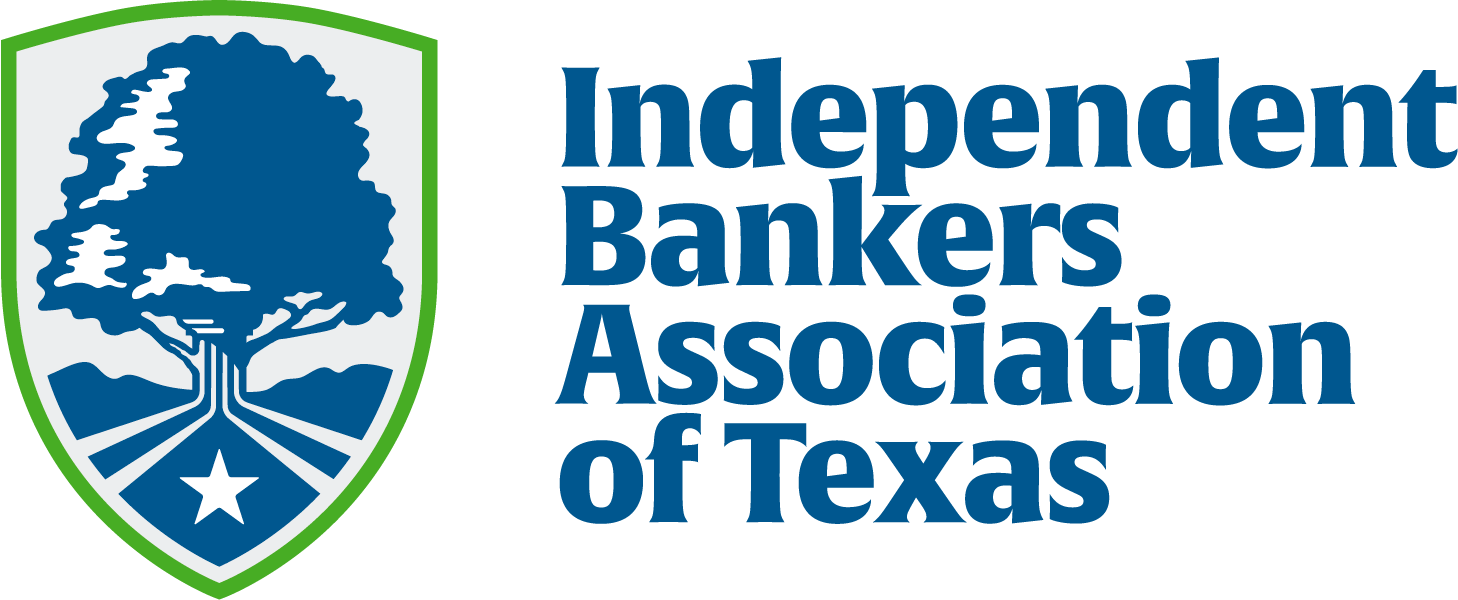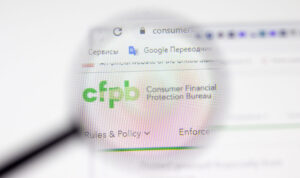According to an American Banker article published last week, fraudulent checks are an ongoing issue in the community banking industry in Texas and across the country. The issue can be traced to the pandemic and is becoming increasingly alarming for smaller banks. A whopping 680,000 suspicious activity reports were filed with FinCEN last year alone related to check fraud. Bank losses as a result of fraudulent checks are racking up and community bankers are reaching out to regulators for help.
What’s causing this increase in fraudulent checks? For the most part, “know your customer” failures by the big banks are to blame. Additionally, the big banks are not processing these requests for community banks when faced with presentment warranties of the bank of first deposit.
IBAT has been on top of this issue, surveying members to assess not only the magnitude of this issue, but also what steps can be taken to alleviate some of the losses they’re experiencing. In May of this year, IBAT sent out a survey to members, finding that 96% of participants have encountered problems when requesting reimbursement on fraudulent returns in 2023. The major complaint has been the inability to speak to a live person when trying to resolve fraud check issues with big banks. Claims take anywhere from six to nine months to resolve a case, if it’s ever resolved. Losses for IBAT banks have been $25,000-$50,000 for most, with about 50% of respondents reporting the need to acquire additional resources to catch or mitigate loss. A full report of the IBAT survey findings can be found here.
IBAT, along with its Illinois counterpart, issued Guidance to Escalate Complaints on Reimbursements for Fraudulently Altered Return Checks to aid member banks in appealing to federal banking regulators to assist with reimbursement requests for fraudulently altered return checks. Currently, IBAT is working on submitting a letter to regulators and formulating next steps. Our survey revealed that 80% of respondents are interested in legislation or regulation that would put the liability for fraudulent items on the bank of first deposit, while 100% of respondents were interested in a bank-to-bank fraud network.




